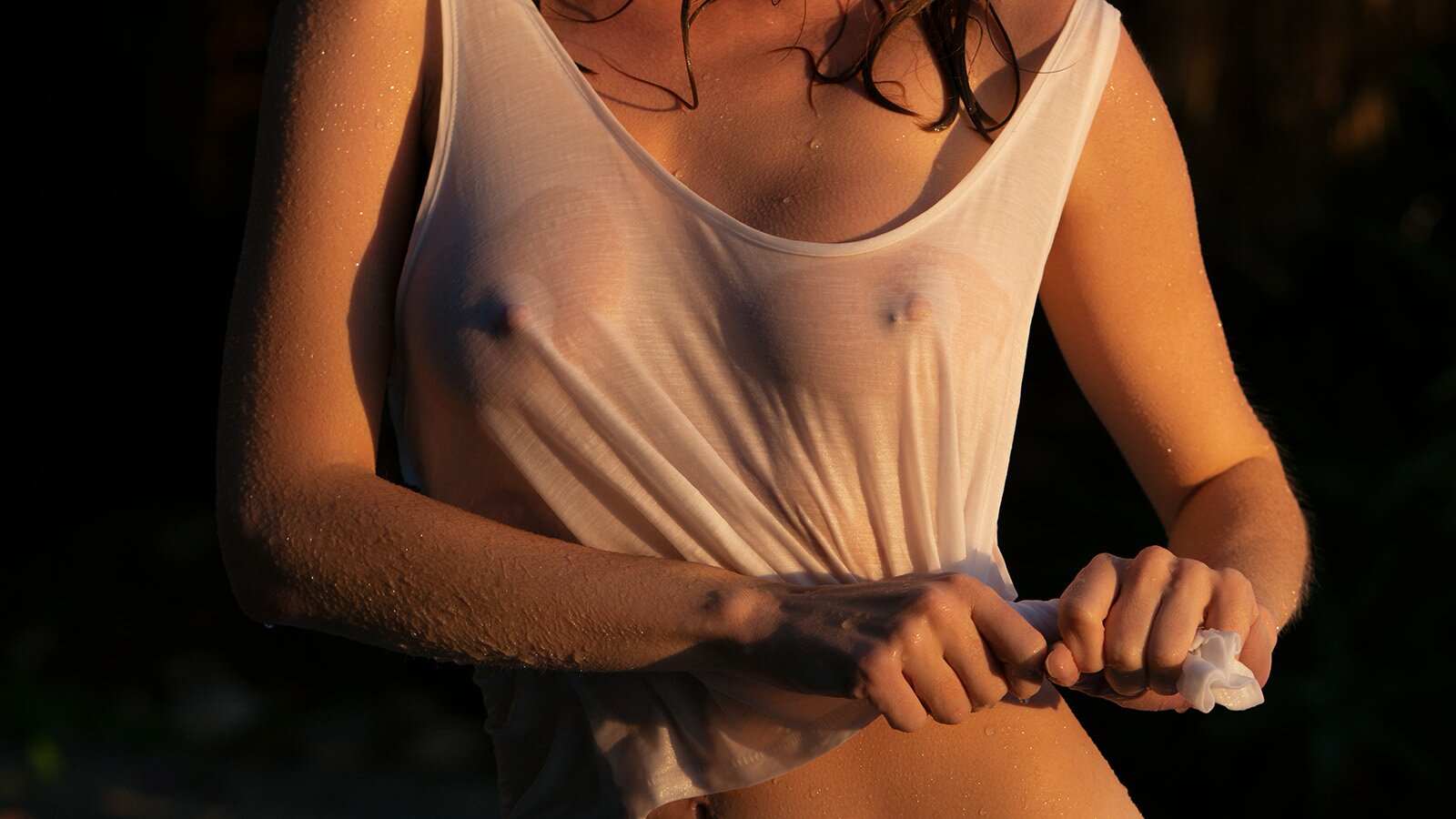Because a photograph is close to our image of reality — what we see with our eyes every day — we are fooled. We believe the photo and trust what we see on it. This happens subconsciously and all by itself. Images are quickly stored in the brain and here we have to admit, frighteningly, we do not really think about the truth content.
With documentary photos, this immediately becomes a problem. The choice of a picture detail alone can massively steer the statement. But the question also arises with photographs like the ones I take.
How objective is a photo?
Pictures are like stories that are not told with words, but with colors and shapes.
Perception is always an interpretation and thus dependent on the individual of the viewer. So it is not only about the experience of the artist, but also about the experience of the viewer.
Therefore, in order to understand a photograph, there needs to be an invisible bond between the photographer and the viewer. The good thing is that this bond doesn't have to mean that the viewer agrees. But ideally, sensations of photographer and viewer are at least similar.
But it is not so much a question of understanding, much more a question of whether a photograph can be objective.
objective
/əbˈdʒɛktɪv/
not influenced by personal feelings or opinions in considering and representing facts
I'm not a philosopher, after all.

To make it less abstract, I'll give you an example. I once photographed a girl at a pool. This awoke memories of a past vacation and the girl looked similar to a childhood sweetheart, someone told me. But someone else mentioned that the girl reminds him of someone he never liked at school and therefore my photo will never be liked by him.
Two people, but two opposite interpretations about the same picture. I found it amazing and surprising, because I had never thought that far before.
For me, my photo was the experienced and my personal experience seemed to me to be the only objective in relation to the photo. But as I thought about it, my photo became directly a subjective work, because as a photographer I saw more than I displayed. I saw the surroundings, directed the pose, chose the perspective and cropping, selected this specific photograph from hundreds of photos I had taken, and even edited the colors in post production until they matched my feelings.
So much for objectivity.
My conclusion
There is no objective way to look at a picture. Looking at a photo is like reading a book and trying to interpret what the author meant or simply making your own interpretation subconsciously.
Each photograph tells an individual story to each of us. The stories may be similar but they remain interpretations of the seen.
In addition, each image is also just a snapshot. Like a still from a movie.

